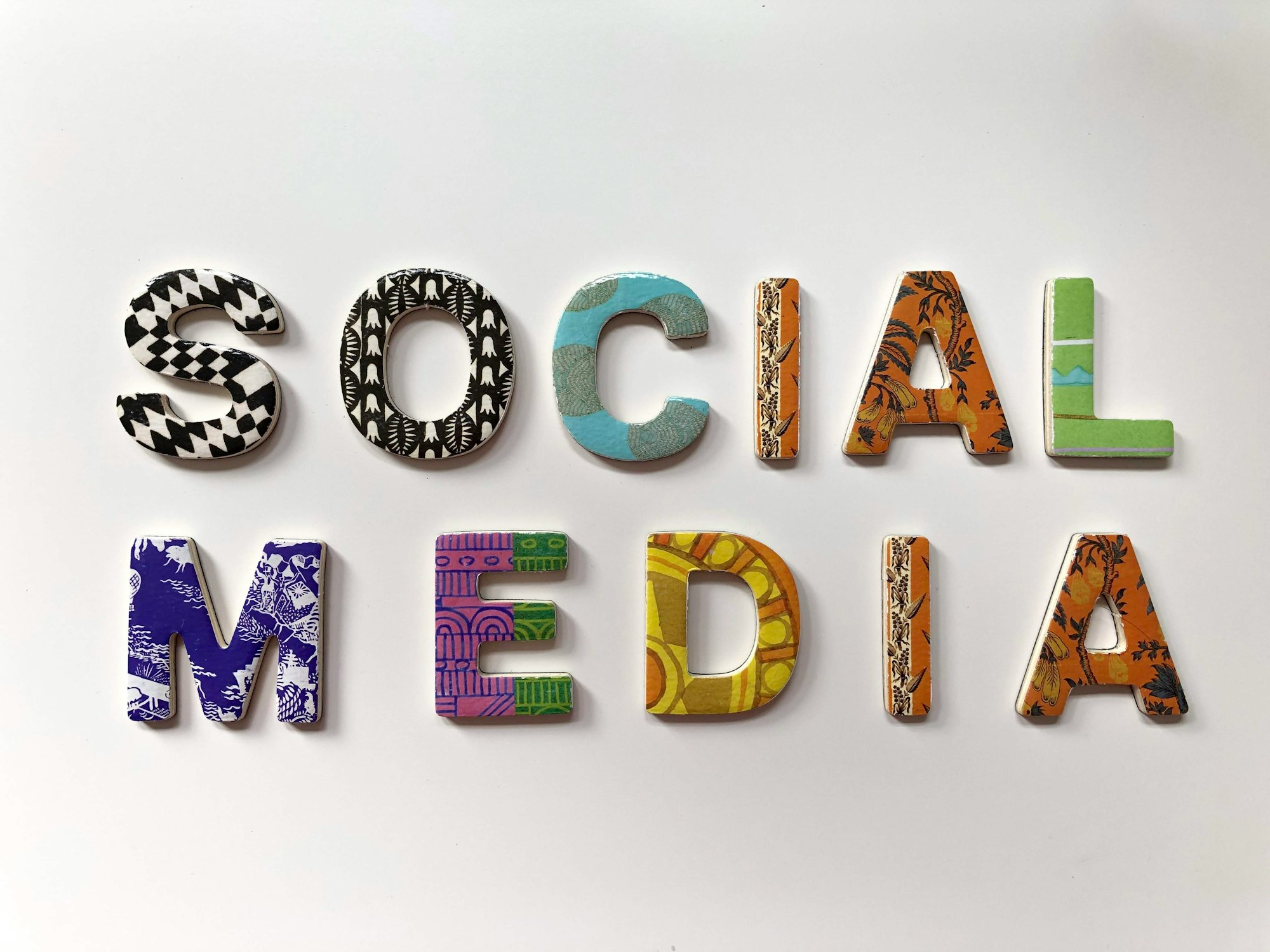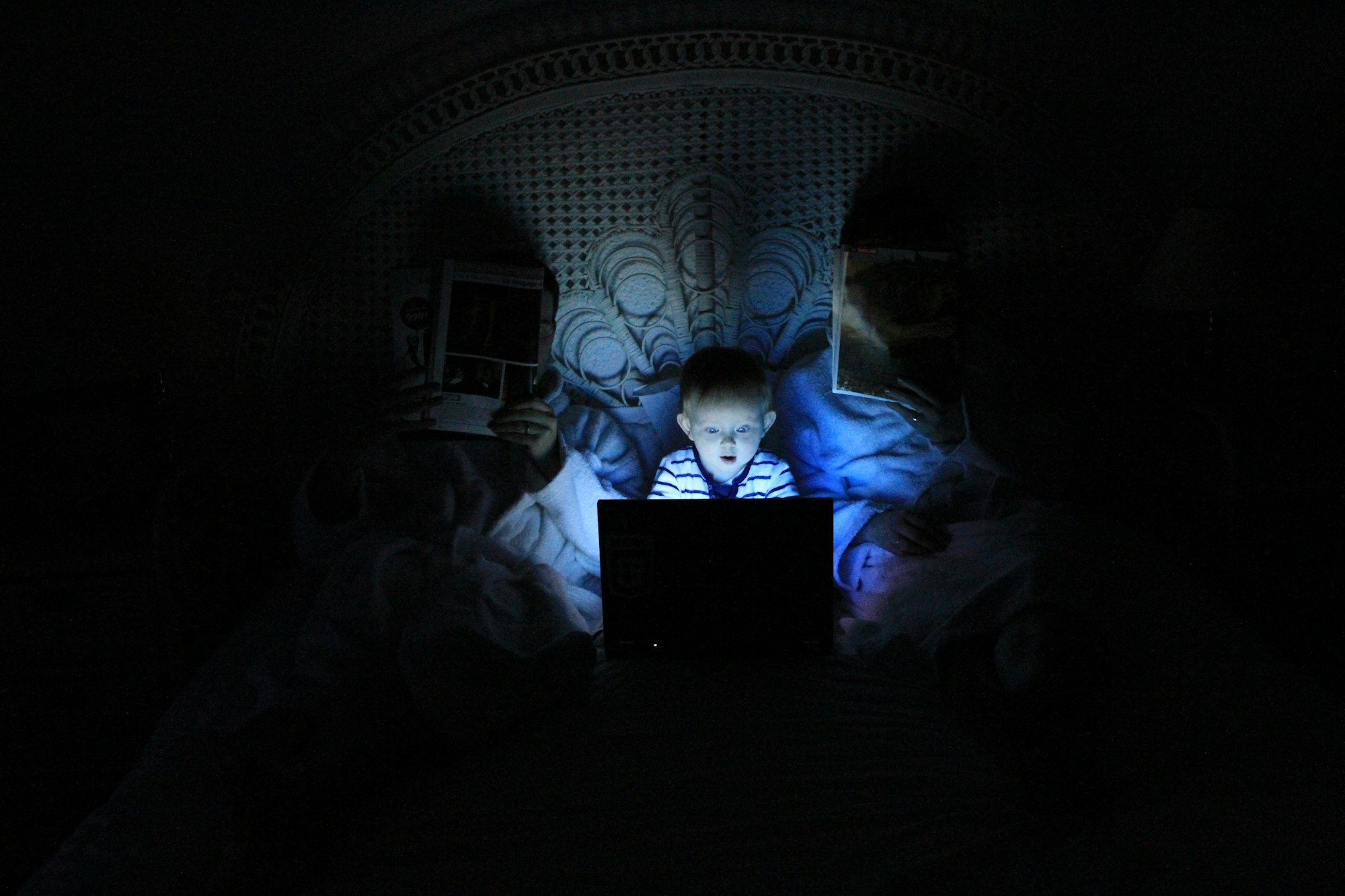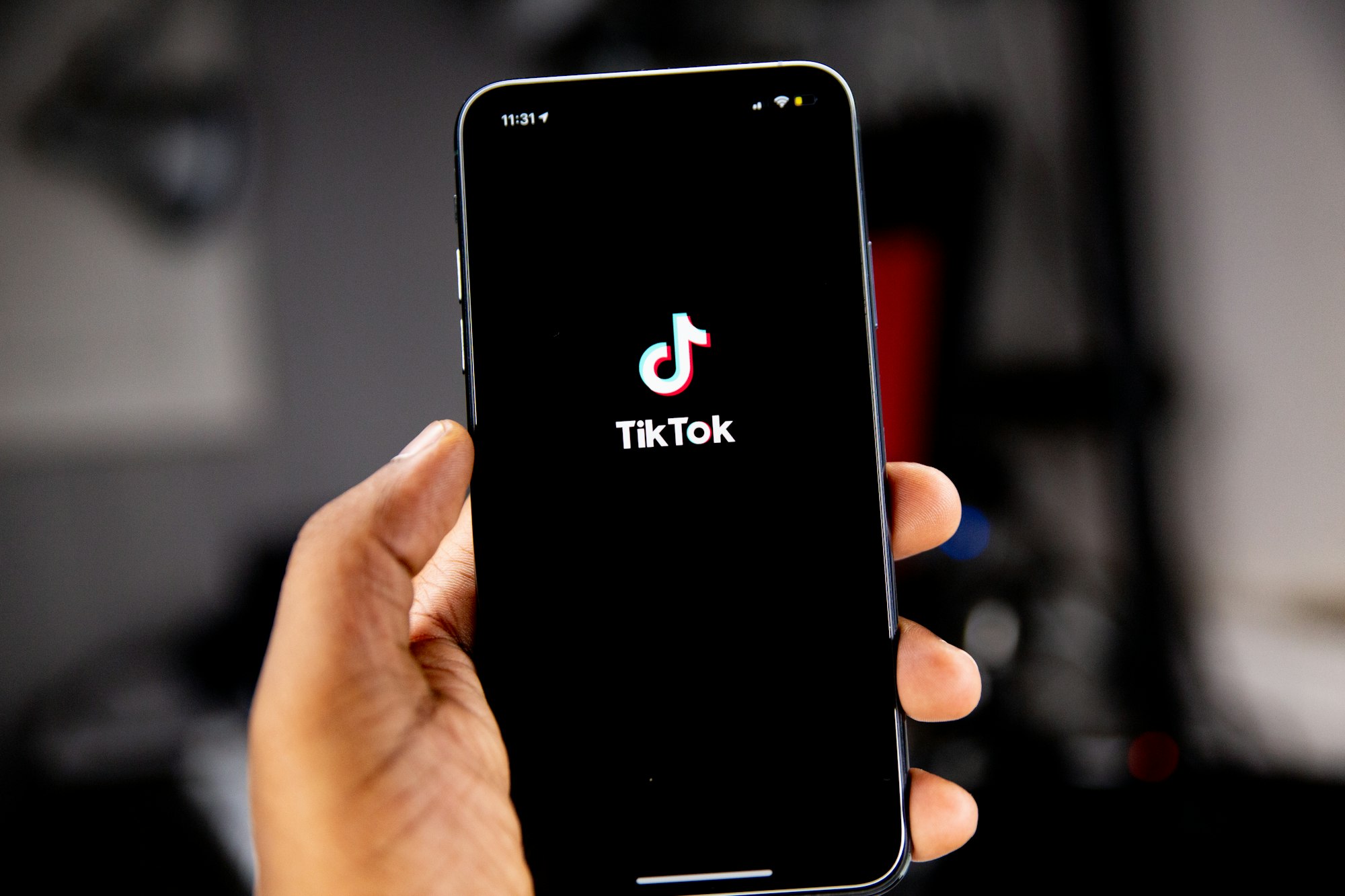The United States’ Potential TikTok Ban on January 19: What It Could Mean and What Comes Next

Introduction
For several years, the social media landscape has been buzzing with debates over the popular video-sharing platform TikTok. With over a billion active users worldwide and millions in the United States, TikTok has become a cultural phenomenon—catapulting everyday people to viral fame and reshaping the way content is created, shared, and monetized. However, concerns surrounding data security, privacy, and national interests have led to repeated calls for restricting or banning the app in the U.S. While official statements and legal battles have delayed or altered the scope of a potential ban in the past, speculation has once again surged around the idea that the U.S. could fully ban TikTok on January 19.

Below, we examine the background behind these calls for a ban, the legal challenges and political implications, and what could happen next if the rumored ban goes into effect.

Background of the TikTok Controversy
- Ownership and Data Privacy Concerns
TikTok is owned by ByteDance, a Chinese company subject to data regulations by the Chinese government. Critics argue that the platform’s data-collection practices could expose U.S. users’ personal information to foreign surveillance or misuse. Although ByteDance and TikTok have repeatedly denied sharing user data with the Chinese government, suspicion remains. - Past Executive Orders and Legal Challenges
- In 2020, the Trump administration issued executive orders attempting to prohibit transactions with ByteDance, fueling immediate lawsuits and lengthy court battles.
- Various legal injunctions paused enforcement of those bans, causing confusion among users and leaving the platform’s future in limbo.
- National Security Investigations
The Committee on Foreign Investment in the United States (CFIUS) has investigated TikTok’s business and data practices. While TikTok has offered transparency measures—such as local data storage and partnerships with U.S. tech companies—those moves have not entirely quelled national security concerns.

The January 19 Ban: What We Know So Far
- Uncertainty Around the Actual Deadline
Officially, there is no universally recognized, confirmed “ban date.” However, a swirl of reports and rumors has circulated about January 19 being a critical deadline or decision point in an ongoing legal or administrative process. As a result, many users and TikTok influencers are on high alert. - Possible Implementation Paths
- App Store Removal: The government could compel Apple and Google to remove TikTok from U.S. app stores, preventing new downloads and updates.
- Network Blocks: Internet service providers (ISPs) might be instructed to block access to TikTok’s servers, though this approach is more complex to implement and could face legal challenges.
- Financial Restrictions: The government might block financial transactions or advertising deals with TikTok, making it difficult for ByteDance to operate within the U.S.
- Legal Hurdles
Implementing a ban is not straightforward. Multiple courts have questioned the legal basis for an outright prohibition on a communication platform. Moreover, TikTok’s parent company, ByteDance, is expected to continue fighting any ban through legal channels, extending the timeline and leaving the outcome in flux.

Potential Repercussions of a TikTok Ban
- Impact on Free Speech and Digital Rights
TikTok’s user-generated content has become a platform for creative expression, activism, and community-building. Banning the app could spark debates around free speech and the future of online expression in the United States, given that millions rely on TikTok to voice opinions, share information, and foster cultural conversations. - Economic Consequences for Creators and Businesses
- Creators’ Livelihoods: Hundreds of thousands of U.S.-based TikTok creators earn significant income through brand deals, sponsorships, and in-app commerce. A sudden ban would force them to migrate to other platforms (e.g., Instagram Reels, YouTube Shorts, Snapchat Spotlight) or risk losing their primary source of revenue.
- Small Business Marketing: Small businesses that leverage TikTok’s unique algorithm and viral potential could see a drop in sales and brand awareness. TikTok ads and influencer marketing have become an important avenue for entrepreneurs targeting younger demographics.
- Geopolitical Tensions
- U.S.-China Relations: A ban would likely escalate tensions between Washington and Beijing, adding friction in diplomatic discussions and trade negotiations.
- Tech Sector Response: Other Chinese-owned apps or tech companies might face increased scrutiny. Meanwhile, American tech giants could be emboldened to expand or replicate TikTok-like services.
- Precedent for Other Platforms
The U.S. has historically been open to global competition in the tech sector, with relatively few major platform bans. Should the government move forward with a TikTok ban, it sets a precedent for restricting other foreign-owned digital platforms in the future—particularly those with large user bases and robust data collection practices. - Workarounds and the Rise of VPNs
If TikTok is blocked in the United States, many users may opt to use Virtual Private Networks (VPNs) to continue accessing the app. This practice would likely prompt discussions about internet censorship, privacy, and the efficacy of digital bans.
Looking Ahead
Despite heightened anticipation around January 19, the current legal and political environment remains turbulent. While some U.S. lawmakers continue to call for swift action, TikTok has ramped up efforts to reassure regulators and the public that U.S. users’ data is safeguarded. Ongoing court rulings and negotiations could delay or modify any outright ban, leaving the app’s fate uncertain.
In the broader context, the TikTok debate underscores a paradigm shift in how governments approach foreign-owned social media platforms. National security, data privacy, and economic interests intersect in new and complex ways—prompting regulators around the world to re-examine the standards by which they permit digital services to operate.
Conclusion
Whether or not a formal ban truly takes effect on January 19 remains to be seen. What is clear is that the controversy over TikTok reflects deeper questions about online privacy, the role of government in regulating digital platforms, and the future of global tech competition. If a ban does occur, it will affect creators, businesses, and everyday users alike—and could open the door to broader restrictions on other foreign-owned apps. As the saga continues to unfold, the way governments and tech companies address these challenges will shape the digital landscape for years to come.









